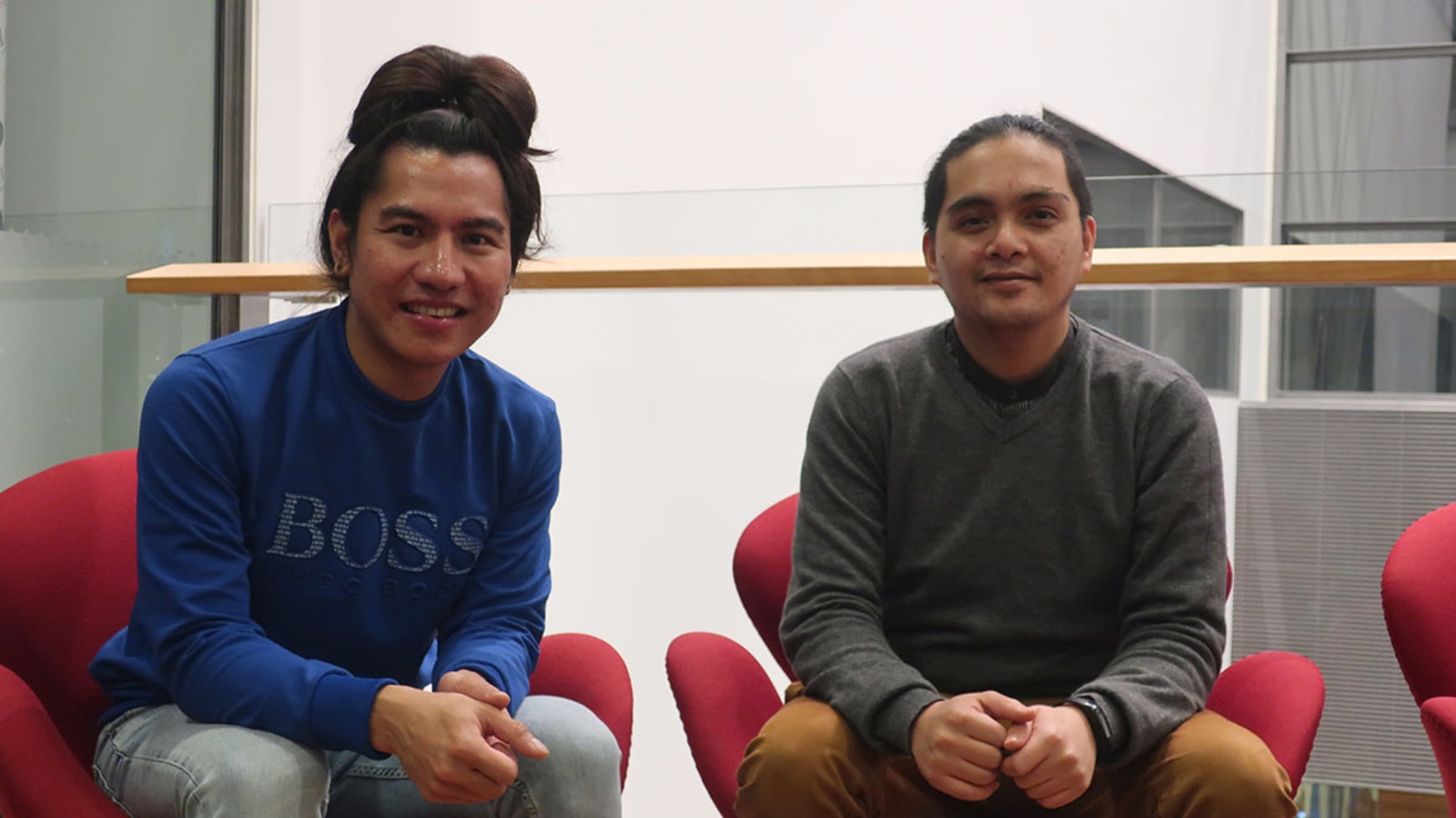Impressions of the Global Health and Crisis Management master´s degree programme
The programme includes studies relating to sustainable development, global crises and the prevention of infectious diseases.

The Global Health and Crisis Management programme is an English language social services and health care study programme leading to a higher education degree. The programme focuses on current global challenges: as crises become more frequent, more crisis management skills and knowledge of infectious disease control and prevention are required.
The programme includes studies on epidemiology as well as an introduction to the global disease burden and the social, health and financial reasons behind it. During the programme, students gain competence in infectious disease control and prevention in situations where diseases are spreading either locally or globally.
- As crises become more frequent, infectious diseases spread more easily. Both crisis management skills and knowledge of infectious disease control and prevention are required increasingly in the future, Principal Lecturer Teija-Kaisa Aholaakko contemplates.
During the programme, students can participate in collaborative work projects or Laurea projects. Online and independent studies make it possible to complete the programme alongside work. The programme is aimed at social services and health care sector workers, who wish to further develop professionally in the health care sector and in crisis management. After graduation or even during their training, the students will work e.g. in immigrant centres, for the Red Cross or in positions in other international organisations.
Kempee focuses on aging immigrants in his theses
Keempee Labi studies in the Global Health and Crisis Management programme and is currently about to finish his thesis on aging immigrants and their wellbeing in Finland. The target group of his study includes persons over 50 years old who have come to Finland from South-East Asia. Among other things, the thesis looks at how the interviewees have integrated into the Finnish society and what their experience of growing older in Finland is.
- In general, there is plenty of research on immigrants, but the wellbeing of aging immigrants in Finland has not really been focused on, Keempee says.
- I have learned a lot while writing my thesis, about qualitative research methods in general, about communication and coordination as well as about data management, Keempee reflects.
Keempee has previously trained as a nurse in the Philippines, and as a practical nurse while living in Finland. Keempee has previously worked in public health care and in crisis management in the Philippines.
- My aim is to gather all the possible knowledge and new ideas and to use them in my work in the future in the Philippines, Keempee says.
In the future, Keempee wishes to participate in humanitarian work and to specialise in epidemiology, which is a field of research focusing on the prevalence of infectious diseases and other illnesses and on the study of their risk factors.
Deogracias´ dream is to work in international health care
Deogracias Lumba moved to Finland from the Philippines in 2012. At the moment, he is in his last year of studies and is working on his thesis on the sexual health of asylum seekers.
- I find this subject interesting, as while the number of asylum seekers in Finland is fairly high, no studies on their sexual health have been previously conducted, Deogracias says.
Deogracias has completed a four-month student exchange in the Czech Republic, and he has many positive memories from the exchange.
- The topics covered during the exchange were really interesting, and Laurea supported me in taking the exchange, Deogracias enthuses.
Deogracias has previous training as a nurse and is currently working alongside his studies as an ER nurse. In the future, he wishes to work in an international position as a health care professional.